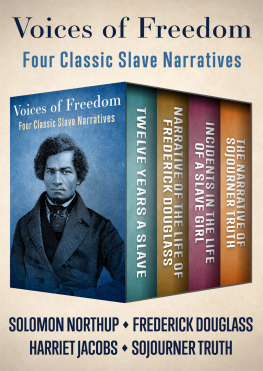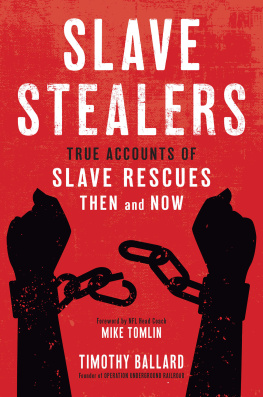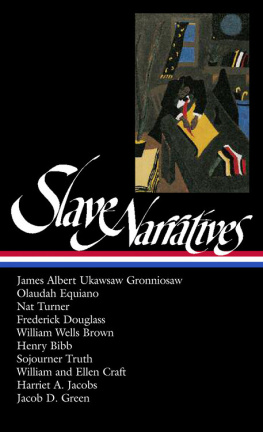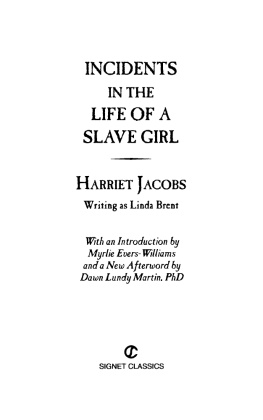Notes on the Anthology.
Though the morning seems to linger
Oer the hill-tops far away,Yet the shadows bear the promise
Of a brighter coming day.
Frances E. W. Harper, Iola Leroy
When the history of Black American women are overlooked, the influential roles they have played in both national and international culture are diminished and erased. While compiling novels and stories for the Double Booked series, I was struck by the amount of Black female writers who preceded the artistic movement of the Harlem Renaissance that I had never before heard of. My public school education dropped a brief footnote about Phillis Wheatley before jumping a century and a half to the works of Zora Neale Hurston and Lorraine Hansberry, ignoring the women who influenced them and entire generations of writers who were creating works about and from the point of view of Black American women. Giving space to these ancestors and artists, I restored several cornerstone works across multiple volumes. Comparing and contrasting various copies of their original publications, I edited and formatted the writings with the intention to highlight their legacies, which have so often been marginalized.
The books and collections selected for each volume in this anthology were all written by Black women and published in the United States during the 19th century. This second volume contains three personal narratives:
Our Nig , or Sketches from the Life of a Free Black, in a Two-Story White House, North (1858), a critical look at Black life in the northern states, written by Harriet E. Wilson and long considered to be the first novel published by a Black American woman.
Incidents in the Life of a Slave Girl (1861), Harriet Jacobss stark account of the journey she took to free herself and her children from enslaved life.
Behind the Scenes , or, Thirty Years a Slave, and Four Years in the White House (1868), Elizabeth Keckleys autobiography detailing her life as First Lady Mary Todd Lincolns modiste.
I want to acknowledge the work done by so many archivists and historians who preserve and restore historical texts, chiefly the Internet Archive and Project Gutenberg digital libraries and Dr. Henry Louis Gates, Jr., who has been at the forefront of the restoration and preservation of historical texts, buying and publishing texts and taking part in esteemed ventures such as the Black Periodical Literature Project.
Aside from standardizing and modernizing spelling, paragraphing, capitalization (most notably in the case of the word Negro which wasnt commonly capitalized until the early 1900s), italicization, and hyphenation, I have corrected obvious typographical errors, while adding and removing punctuation for increased clarity.
Taking inspiration from Frances E. W. Harpers above-quoted novel, and struck by the title's overtone boosting the voices of those who are all too frequently left in the dark, discarded, and undervalued, (compared to their white and male historic counterparts), I chose to title the anthology Shadows Uplifted . This labor of love accompanies my faith that these authors will benefit from having upgraded editions of their work readily available. Let us continue to uplift such shadows in our history, allowing them their corporeal bodies, flesh, blood, and melanated skin. Let us continue to uplift Black women: supporting their stories, their art, and their existence.
C.S.R. Calloway.
Anthology Contents.
Our Nig
or,
Sketches From the Life of a Free Black,
in a Two-Story White House, North.
SHOWING THAT SLAVERYS SHADOWS FALL EVEN THERE .
by
Harriet E. Wilson
First edition published in 1859.
I know
That care has iron crowns for many brows;
That Calvaries are everywhere, whereon
Virtue is crucified, and nails and spears
Draw guiltless blood; that sorrow sits and drinks
At sweetest hearts, till all their life is dry;
That gentle spirits on the rack of pain
Grow faint or fierce, and pray and curse by turns;
That hells temptations, clad in heavenly guise
And armed with might, lie evermore in wait
Along lifes path, giving assault to all.
Holland.
Dedicated to Pauline Augusta Coleman Gates and Henry Louis Gates, Sr.
In Memory of Marguerite Elizabeth Howard Coleman, and Gertrude Helen Redman Gates.
Preface.
In offering to the public the following pages, the writer confesses her inability to minister to the refined and cultivated, the pleasure supplied by abler pens. It is not for such these crude narrations appear. Deserted by kindred, disabled by failing health, I am forced to some experiment which shall aid me in maintaining myself and child without extinguishing this feeble life. I would not from these motives even palliate slavery at the South, by disclosures of its appurtenances North. My mistress was wholly imbued with Southern principles. I do not pretend to divulge every transaction in my own life, which the unprejudiced would declare unfavorable in comparison with treatment of legal bondmen; I have purposely omitted what would most provoke shame in our good anti-slavery friends at home.
My humble position and frank confession of errors will, I hope, shield me from severe criticism. Indeed, defects are so apparent it requires no skillful hand to expose them.
I sincerely appeal to my colored brethren universally for patronage, hoping they will not condemn this attempt of their sister to be erudite, but rally around me a faithful band of supporters and defenders.
H. E. W.
I.
Mag Smith, My Mother.
Oh, Grief beyond all other griefs, when fate
First leaves the young heart lone and desolate
In the wide world, without that only tie
For which it loved to live or feared to die;
Lorn as the hung-up lute, that neer hath spoken
Since the sad day its master-chord was broken
Thomas Moore.
Lonely Mag Smith! See her as she walks with downcast eyes and heavy heart. It was not always thus. She had a loving, trusting heart. Early deprived of parental guardianship, far removed from relatives, she was left to guide her tiny boat over lifes surges alone and inexperienced. As she merged into womanhood, unprotected, uncherished, uncared for, there fell on her ear the music of love, awakening an intensity of emotion long dormant. It whispered of an elevation before unaspired to; of ease and plenty her simple heart had never dreamed of as hers. She knew the voice of her charmer, so ravishing, sounded far above her. It seemed like an angels, alluring her upward and onward. She thought she could ascend to him and become an equal. She surrendered to him a priceless gem, which he proudly garnered as a trophy, with those of other victims, and left her to her fate. The world seemed full of hateful deceivers and crushing arrogance. Conscious that the great bond of union to her former companions was severed, that the disdain of others would be insupportable, she determined to leave the few friends she possessed, and seek an asylum among strangers. Her offspring came unwelcomed, and before its nativity numbered weeks, it passed from earth, ascending to a purer and better life.
God be thanked, ejaculated Mag, as she saw its breathing cease; no one can taunt her with my ruin.
Blessed release! may we all respond. How many pure, innocent children not only inherit a wicked heart of their own, claiming life-long scrutiny and restraint, but are heirs also of parental disgrace and calumny, from which only long years of patient endurance in paths of rectitude can disencumber them.
Mags new home was soon contaminated by the publicity of her fall; she had a feeling of degradation oppressing her; but she resolved to be circumspect, and try to regain in a measure what she had lost. Then some foul tongue would jest of her shame, and averted looks and cold greetings disheartened her. She saw she could not bury in forgetfulness her misdeed, so she resolved to leave her home and seek another in the place she at first fled from.






